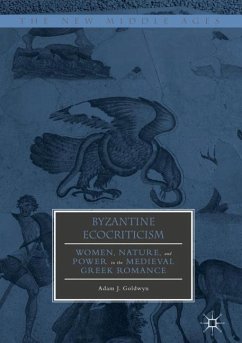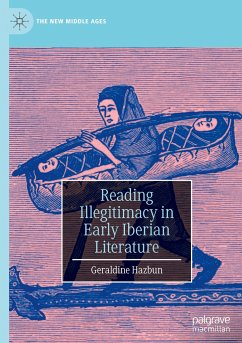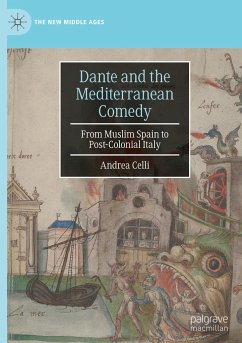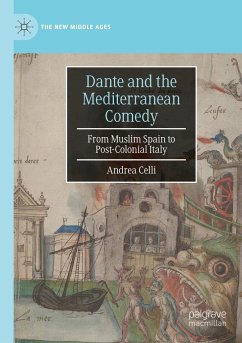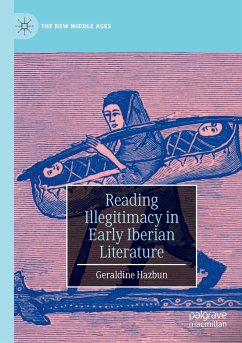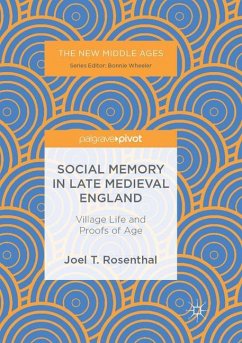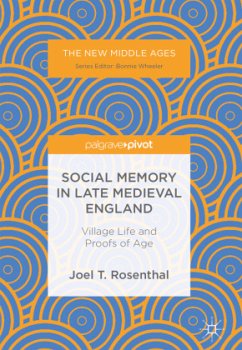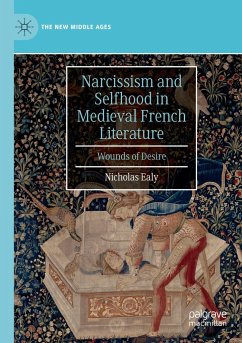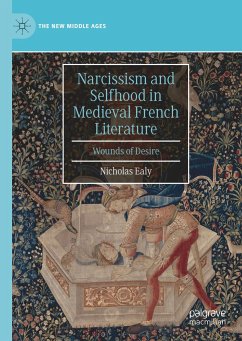
Byzantine Ecocriticism
Women, Nature, and Power in the Medieval Greek Romance
Versandkostenfrei!
Versandfertig in 6-10 Tagen
83,99 €
inkl. MwSt.
Weitere Ausgaben:

PAYBACK Punkte
42 °P sammeln!
Byzantine Ecocriticism: Women, Nature, and Power in the Medieval Greek Romance applies literary ecocriticism to the imaginative fiction of the Greek world from the twelfth to fifteenth centuries. Through analyses of hunting, gardening, bride-stealing, and warfare, Byzantine Ecocriticism exposes the attitudes and behaviors that justified human control over women, nature, and animals; the means by which such control was exerted; and the anxieties surrounding its limits. Adam Goldwyn thus demonstrates the ways in which intersectional ecocriticism, feminism, and posthumanism can be applied to medi...
Byzantine Ecocriticism: Women, Nature, and Power in the Medieval Greek Romance applies literary ecocriticism to the imaginative fiction of the Greek world from the twelfth to fifteenth centuries. Through analyses of hunting, gardening, bride-stealing, and warfare, Byzantine Ecocriticism exposes the attitudes and behaviors that justified human control over women, nature, and animals; the means by which such control was exerted; and the anxieties surrounding its limits. Adam Goldwyn thus demonstrates the ways in which intersectional ecocriticism, feminism, and posthumanism can be applied to medieval texts, and illustrates how the legacies of medieval and Byzantine environmental practice and ideology continue to be relevant to contemporary ecological and environmental concerns.



